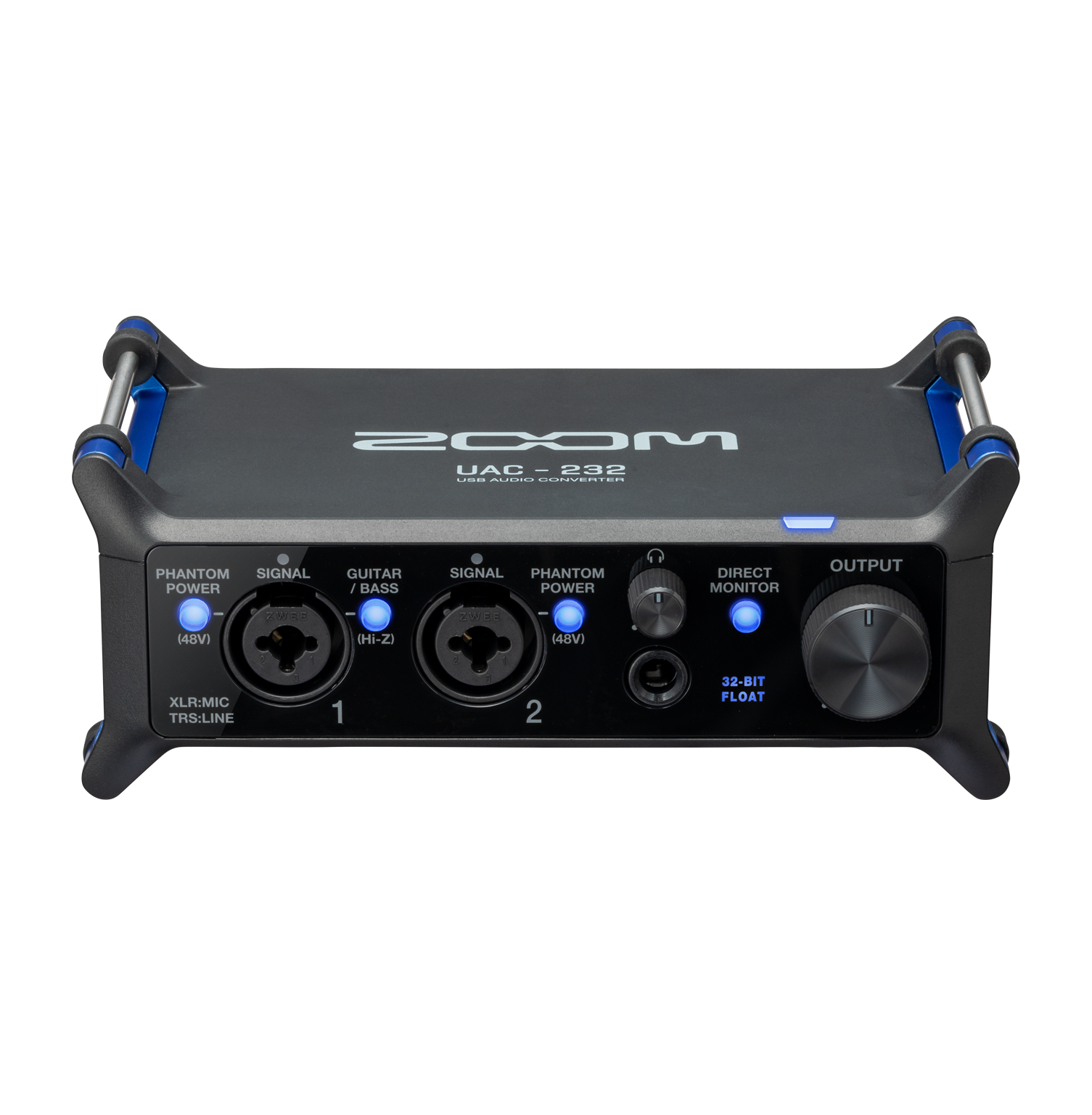C
CherylJosie
Member
For home studio/bedroom solo recording and podcast where there's already a Zoom Q2N HD camcorder and an iPhone 11 pro available with several small mixers to choose from --
Any opinions on the Zoom interface:

versus the Presonus:
 www.presonus.com
www.presonus.com
versus the Focusrite:
 focusrite.com
focusrite.com
versus the ...?
Although the Zoom says it has 80KHz bandwidth in 192K mode, I'm finding that difficult to believe. First off, there's no conceivable reason for that bandwidth in an audio interface that isn't intended for scientific or industrial instrumentation. Secondly, increased bandwidth is not my understanding of how high definition audio works.I don't see much point in belaboring 'the sound' since I expect all three to sound substantially similar.
What I'm after is:
1) ease of connectivity to a FOSS DAW even if there are no Linux drivers available from the manufacturer, with Windows as an undesirable backup/workaround if all else fails
2) reliability
3) durability
4) cost easy on the budget
5) additional hardware (or maybe software) features that vary between models
Is there any substantial difference between these various devices on the market, or should I just go with the least expensive model available? The price differential seems to be considerable across the offerings. Why?
Thanks
Any opinions on the Zoom interface:

versus the Presonus:
PreSonus® AudioBox USB® 96 25th Anniversary | Interfaces
PreSonus® AudioBox® USB® 96K 25th Anniversary, Black
versus the Focusrite:
Scarlett 2i2 | Focusrite
versus the ...?
Although the Zoom says it has 80KHz bandwidth in 192K mode, I'm finding that difficult to believe. First off, there's no conceivable reason for that bandwidth in an audio interface that isn't intended for scientific or industrial instrumentation. Secondly, increased bandwidth is not my understanding of how high definition audio works.I don't see much point in belaboring 'the sound' since I expect all three to sound substantially similar.
What I'm after is:
1) ease of connectivity to a FOSS DAW even if there are no Linux drivers available from the manufacturer, with Windows as an undesirable backup/workaround if all else fails
2) reliability
3) durability
4) cost easy on the budget
5) additional hardware (or maybe software) features that vary between models
Is there any substantial difference between these various devices on the market, or should I just go with the least expensive model available? The price differential seems to be considerable across the offerings. Why?
Thanks
